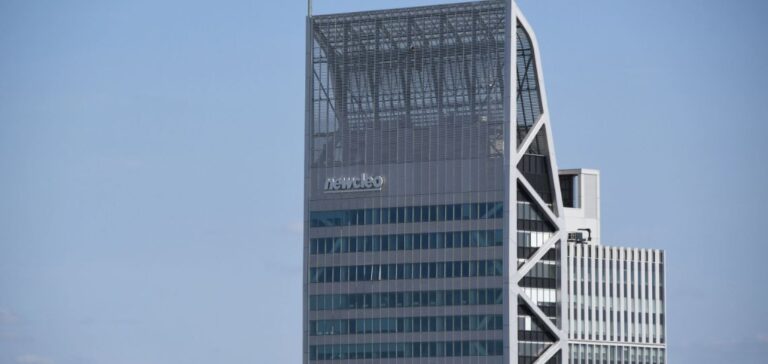Newcleo, an emerging player in the nuclear sector, has announced the start of discussions for acquiring land for its LFR-AS-30 small modular reactor (SMR). The targeted site is located in the Chinon Vienne et Loire community of municipalities, in the Centre-Val de Loire region. This step marks a key milestone in the company’s project, which aims to deploy a lead-cooled fast reactor technology.
A phase of consultation with local authorities
Initial discussions with local governments and national authorities have allowed Newcleo to present its project and initiate dialogue with local stakeholders. The company specifies that the entire process follows the regulations in place for large industrial projects in France, including preliminary studies essential for obtaining administrative approvals.
As part of this process, Newcleo plans to submit its project to the National Commission for Public Debate (CNDP), in accordance with the Environmental Code. This public debate will provide a platform for discussion on the project’s technological, economic, and regulatory challenges.
A structured deployment timeline
According to Newcleo’s roadmap, a first non-nuclear prototype of the reactor is expected to be ready in Italy by 2026. The commissioning of the first operational reactor in France is scheduled for the end of 2031, while the final investment decision for the first commercial power plant is expected around 2029.
A strategic position in the European nuclear industry
Newcleo’s project aligns with the revival of nuclear energy in Europe. In January, the company signed cooperation agreements with Slovakian companies JAVYS and VUJE, paving the way for the construction of several 200 MWe reactors at the Bohunice nuclear site. This international expansion strengthens its position in the advanced modular reactor technology market.
With its first reactor in France, Newcleo aims to demonstrate the industrial viability of its technology while contributing to the evolution of the national nuclear sector.






















